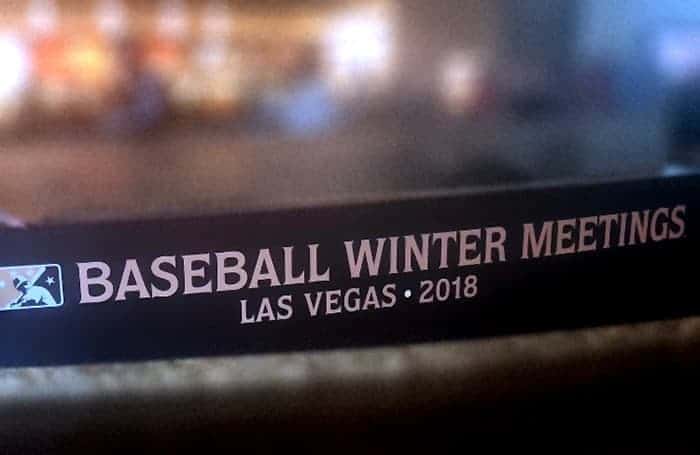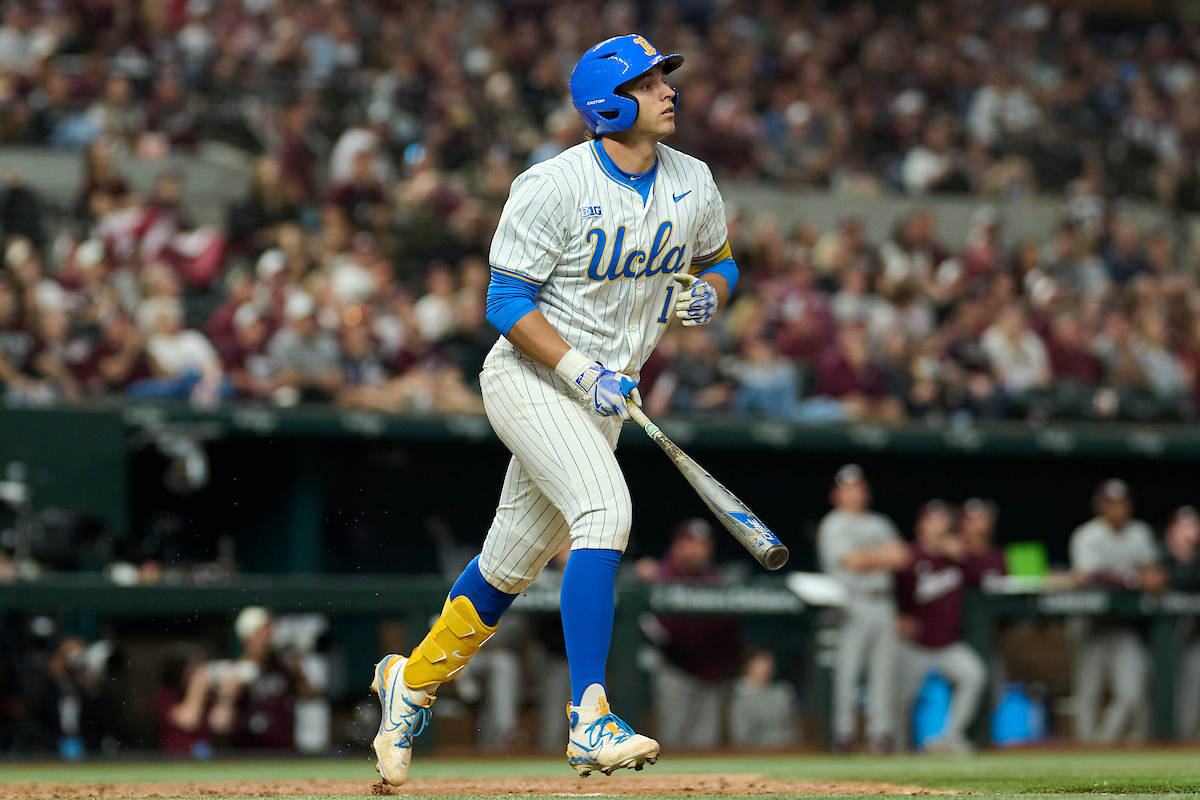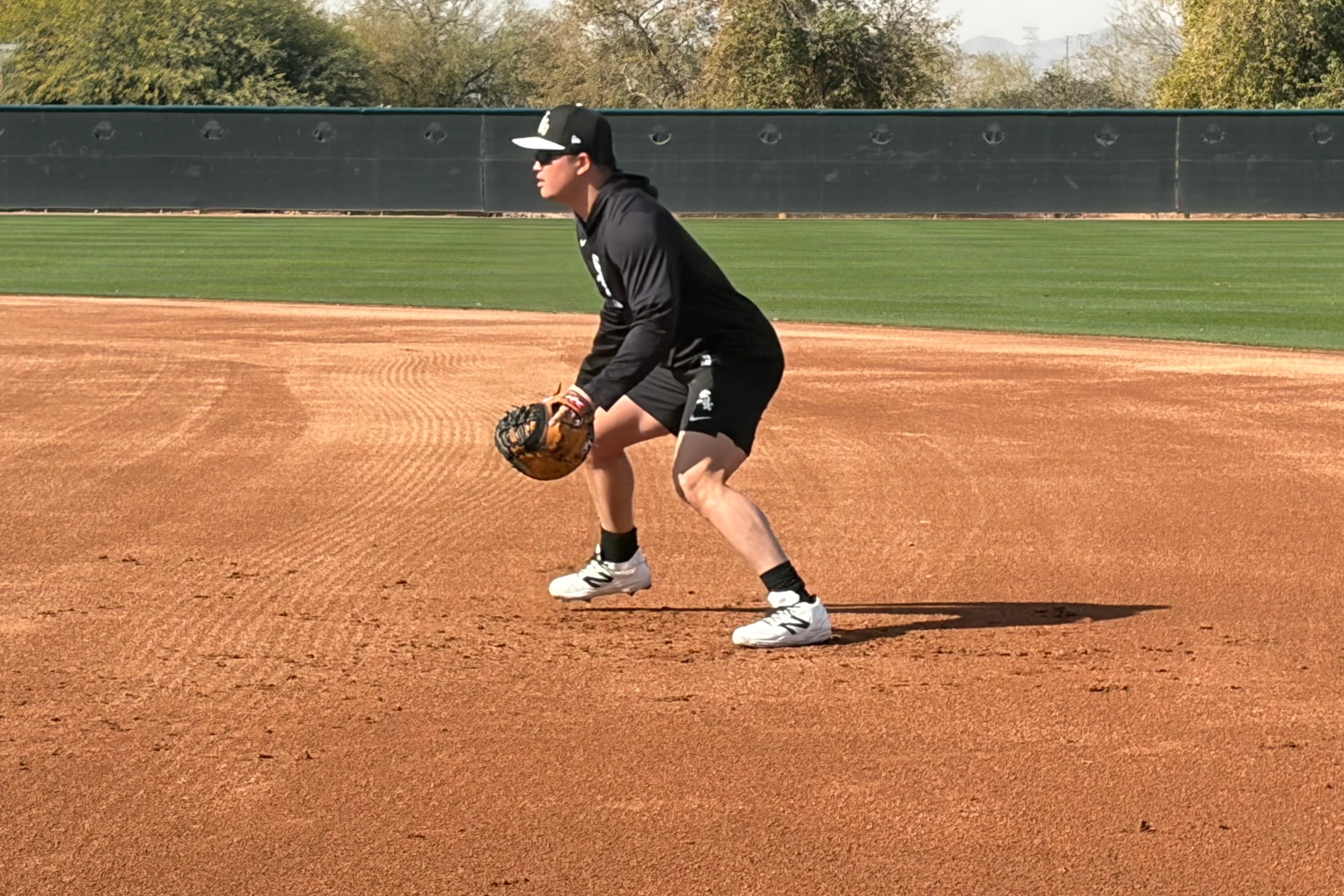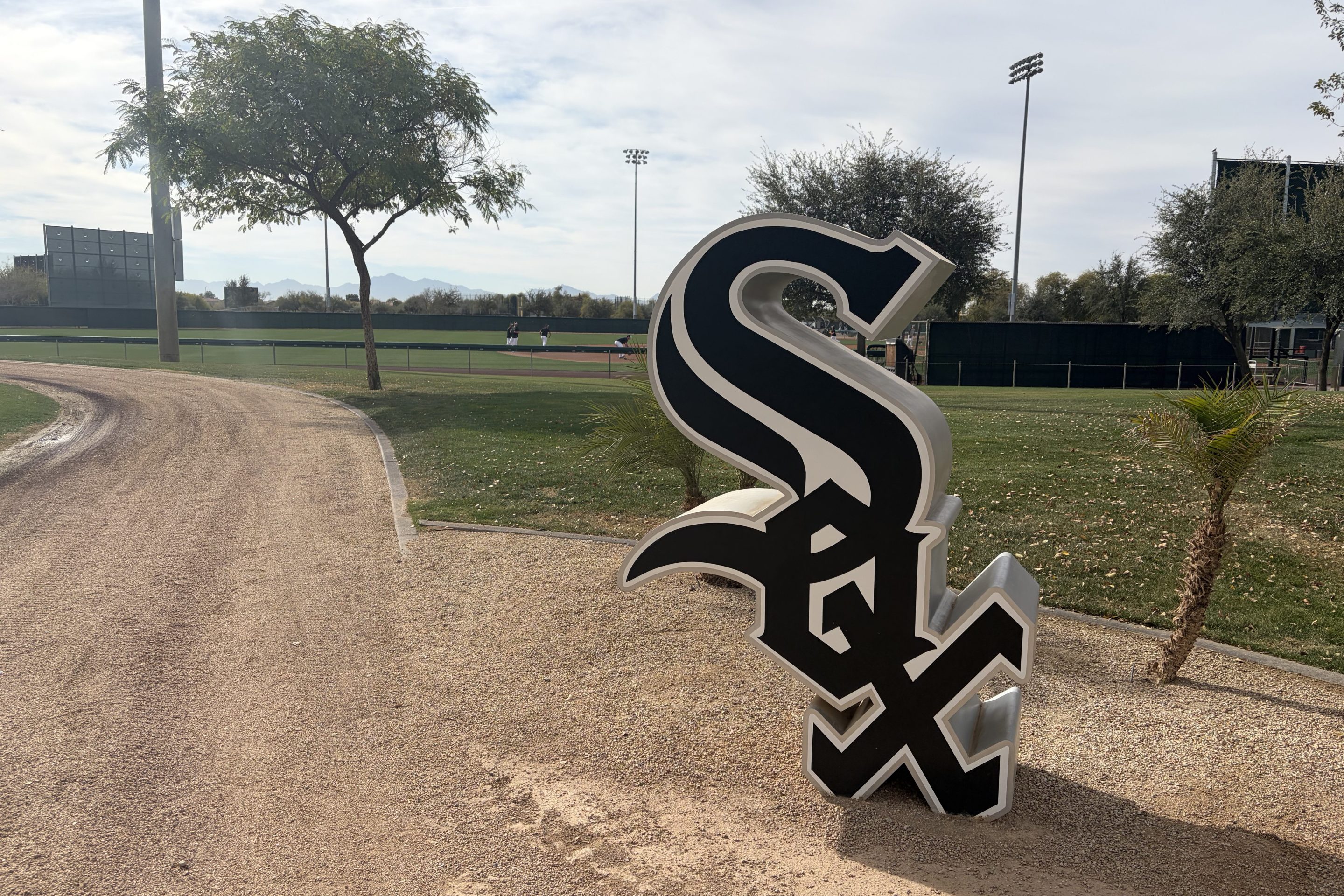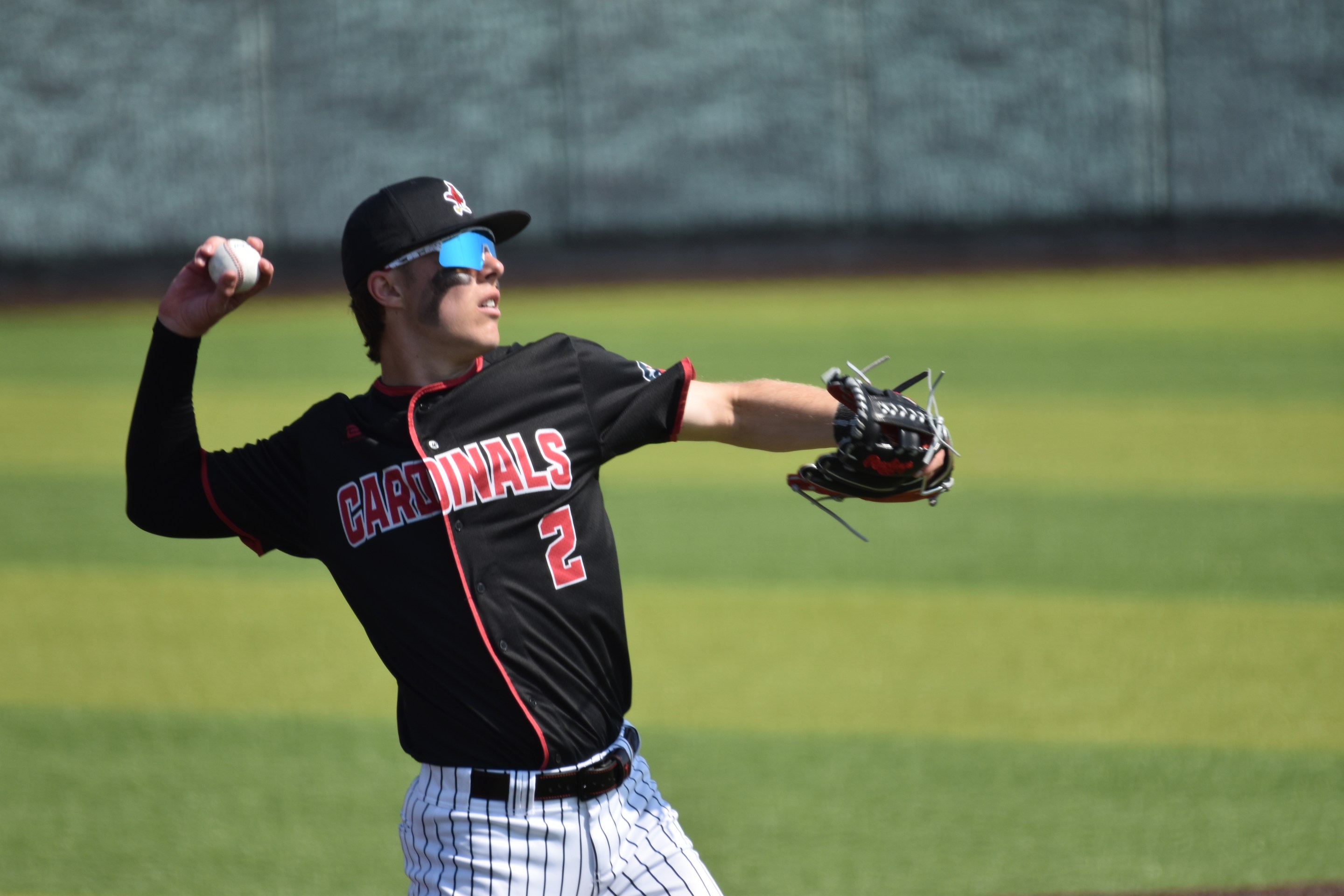Today's installment of WHITE ON BRYCE: SOX PURSUE HARPER:
Aagent to the stars Scott Boras ascended platform in front of a festive Christmas tree at the winter meetings in Las Vegas to give the state of Bryce Harper's free agency, along with other issues of the day.
The White Sox remain very present, but unfortunately, he saved his best metaphor for the Yankees.
“… When the nurse walks in the room with a thermometer, the issue is not what the thermometer says that day. The issue is, what’s the health of the patient when they’re ready to leave the hospital? And [the Yankees] are not ready to leave the hospital yet.”
After which Brian Cashman answered with one of his own:
“I don’t have any reaction other than to say we try to promote that we are a progressive and open-minded operation and that every day is different, that we are prepared to pivot and react if things change, if the rosters adjust,” Cashman said. “If something doesn’t make sense today, it doesn’t mean it won’t make sense tomorrow. All I can tell you is where our current focuses are. But at the same time, we’re a fully operational Death Star.”
As for the White Sox, Boras' comments didn't require an English degree to parse. He made no reference to his rocky history with Jerry Reinsdorf, saying they have "a very respectful relationship." He also said that Harper is well-versed in what every interested team's future forecast looks like, which supposedly opens the door to a latent contender like the Sox.
The combination of the White Sox' financial flexibility and desire seem to make this eminently possible. The White Sox' history -- the 10-year postseason drought and inability or unwillingness to close contracts more than $68 million -- still remain as reasons for pause. It's up to you, the intensely interested third party, to decide how to weigh them.
I suppose you can look at Jim Bowden, who put the White Sox as his front-runner, but I haven't been able to take him seriously since the "Ralph" escapade. When it comes to White Sox matters, Bob Nightengale is basically a vessel for the White Sox front office, so this means more:
Reinsdorf and Boras have already spoken twice by phone about the 2015 NL MVP. [...]
Still, the White Sox are making it known they want to be big-time players, meeting in person with Harper for five hours on Nov. 19, with White Sox vice president Ken Williams, general manager Rick Hahn and Hall of Famer Jim Thome in attendance. Yet, Reinsdorf was not at the meeting, and still has not granted permission for Williams and Hahn to negotiate a contract.
* * * * * * * * *
The reactions to Harold Baines' surprising election to the Hall of Fame are slowing in frequency and intensity, but two fresh ones stand out for different reasons
At Deadspin, Steven Goldman details the Hall of Fame's history of swinging between extremes, which resulted in "fame" gaps over its history.
Post-Frisch, Hall managers tried to rein in the Committee by trying different, theoretically more discerning incarnations; the TGEC is the latest of these. The ongoing expansion of the Baines Zone shows they have failed. In the final analysis, the Hall of Fame is a museum, and museums tell stories. Even the Hall of Fame gallery, where the plaques are hung apart from the bat, ball, and uniform exhibits, purports to tell a story. It goes, in short, here are the best players ever to play American baseball. Because that collection consists almost entirely of players below the Ruth/Mays level, the Hall has always invoked cognitive dissonance—we read “Hall of Fame” to mean Hall of Great, or Hall of Exceptional Accomplishment. But we haven’t defined those terms very rigorously, which means it can also be the Hall of Some of Us Really Like Jack Morris.
And then there's Tony La Russa, whose reaction to criticism on live TV suggests both that he might've been a stronger force in the room than Reinsdorf, and that Baines' election was more emotional than rational.
My stance is still "Good for Harold."
* * * * * * * * *
Recent moves:
*The Rays signed Charlie Morton to an eminently reasonable two-year, $30 million contract with a variable vesting option for 2021.
*Joe Kelly indeed capitalized on his strong October, signing with the Dodgers for three years and $25 million.
*Andrew McCutchen puts double the dent on the Phillies' 2021 payroll compared to the 2019 edition:
